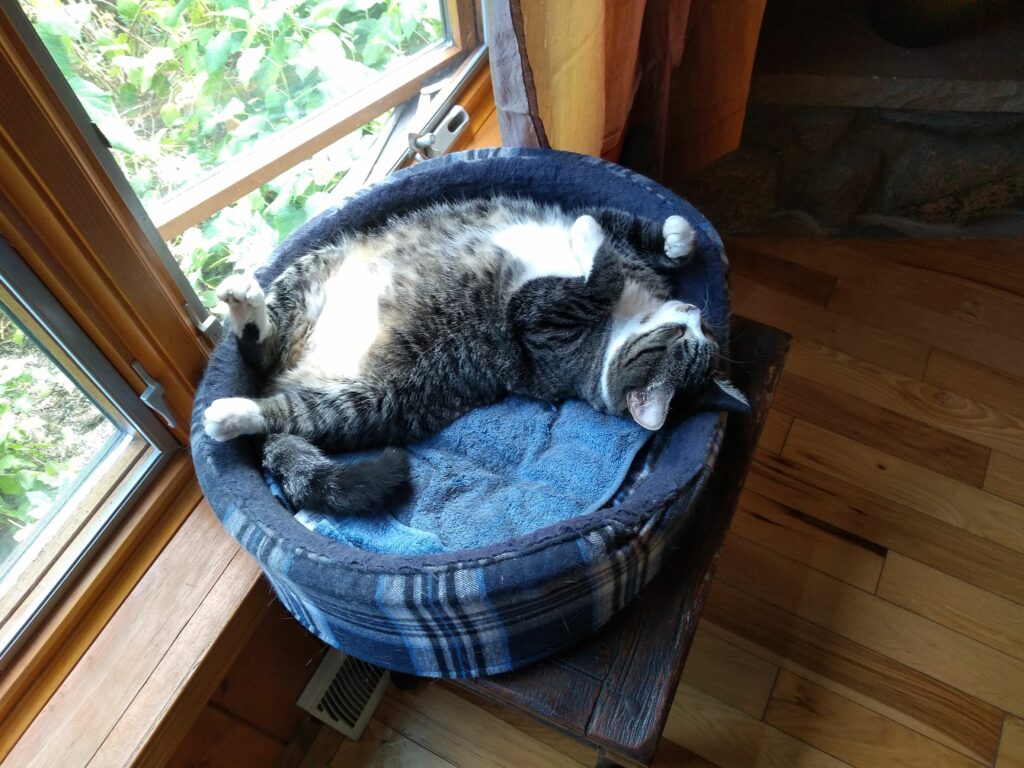By Laura E. Aronis
I didn’t think I could write! Me? I couldn’t imagine having enough imagination for something as enormous as a whole book! Characters? Plots? Climax? Resolution? No way! I was content to read other amazing works of fiction, often rereading them over and over again, (which I didn’t realize was setting me up for being a writer.)
I might have an idea come to me on occasion, or I might daydream about some scenario taking place around me, but I NEVER thought of putting pen to paper and writing it out! That would just be too embarrassing! No one would want to read something that came out of my head, that’s just silly! Until one day… The day that the idea was just too good, the scenario too exciting and the characters too interesting for me to keep them inside and risk them leaving me as I slowly thought of new adventures and stories.
I didn’t know how to begin, so I started with something that looked a bit like this:
Jack: Let’s go up the hill.
Jill: I do need a pail of water.
Narrator: Jack and Jill went up the hill to fetch a pail of water.
Jill: Jack! There’s a boat– (Wait, that’s a different story) Watch out!
Narrator: Jack sees a large boulder coming straight at him and tries to run but…
Jack: Ahhhh!
Narrator: Jack yells as he falls down the hill. There’s silence as his crown (head) breaks.
Jill: (gasps)
Narrator: And that’s the end of Jack. But wait! What’s this? Jill is tumbling after!
The End
Obviously, I knew that wasn’t the way to do it, but I had to start somewhere. I took what I had written and started over, thinking about how other writers had done it and began:
Jack was bored. Nothing interesting ever happened in Kilmersdon, the town where he and his wife, Jill lived. He watched his wife knitting tiny little socks and could take it no longer. “Let’s go up the hill,” he said. Jill finished counting the stitches in the row she was working on and smiled at her husband.
“I do need a pail of water,” she said. Jack took Jill’s hand and they walked out the door. Jill grabbed the wooden bucket that always sat just inside the door of their thatched stone cottage. They walked side by side down the lane that led to the small school, as that’s where the well was located.
They enjoyed the late afternoon sunshine and each other’s company as Jack chased Jill along the old stone wall and up the steep hill that the neighborhood children had to climb every day.
Suddenly Jack slipped on some loose stones on the path and tried to catch himself by grabbing the top of the wall, but the large stone he managed to grab was loose and came off in his hand. It landed on top of his head, crushing his skull.
“Ahhh,” he said as he started to roll down the hill, much to Jill’s horror. As she tried to run after him, her foot got caught in her skirts and she came tumbling down the hill after her husband.
The End
So, it doesn’t matter how you start; if you have an idea, just start. You may end up with a morbid nursery rhyme that parents will sing to their babies long after everyone involved is dead and gone.

